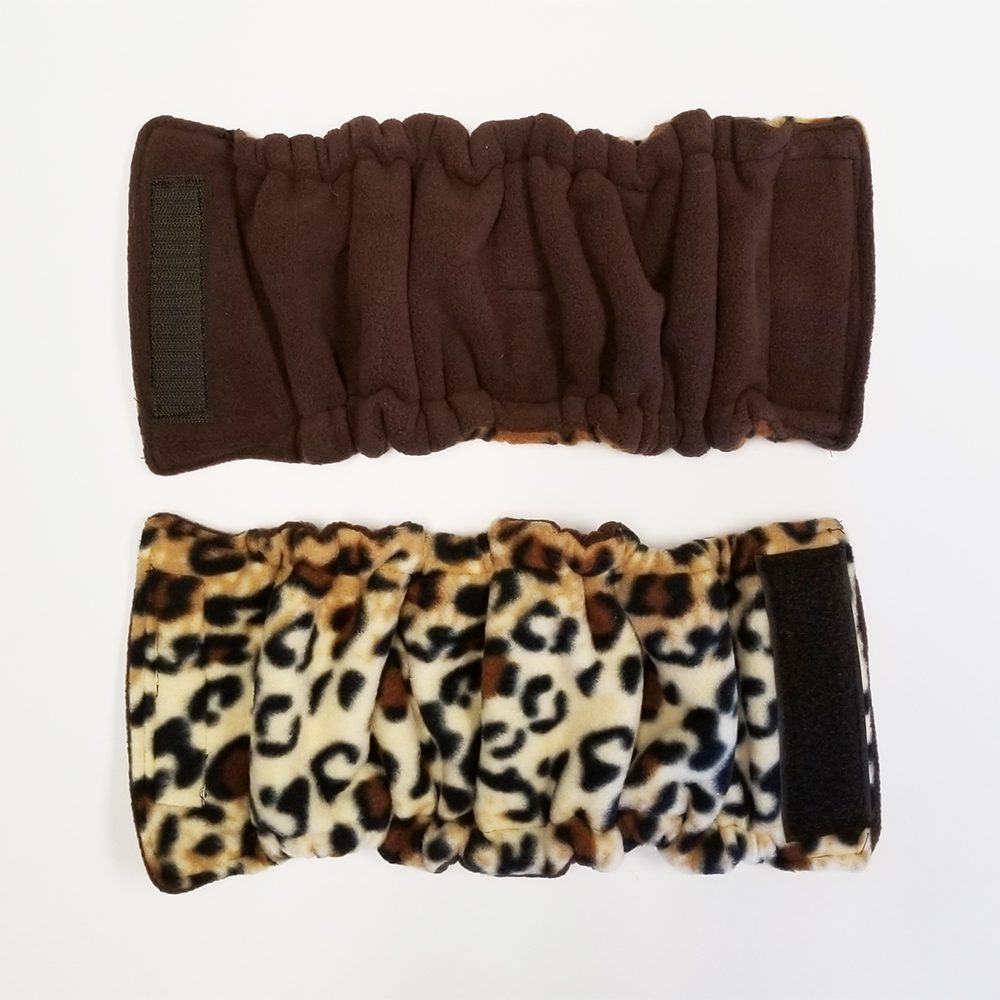Choosing A Healthy Puppy from a Dog Breeder

There are good dog breeders and bad dog breeders.
Before buying a dog from a breeder:
* Read about the breed and make sure it is the right breed for you and your family.
* Talk to several breeders.
* Make sure you are committed to keeping your new dog for his lifetime, especially through the early adjustment period.
If buying from a dog breeder, we recommend that you purchase your puppy from a breeder who is familiar with the pup’s parents and ancestry. A good breeder will know the temperament and health history of the dogs in their line. Ask to see the puppy’s parents. Most often, puppies will resemble one of their parents in temperament and conformation. If you purchase from a pet shop, ask if you can talk with the breeder to obtain this information. If you cannot find out complete information about a pup’s parents, consider looking elsewhere for a puppy.
On each of the dog breed pages found on this web site you will find a list of hereditary dog diseases that could affect each particular breed. Ask the dog breeders that you contact what health checks they have performed on their puppies or the pups’ parents. If the dog breeder has not performed any health checks on the parents to screen for hereditary defects, you might want to look elsewhere for a puppy.
Health Guarantees
The dog breeder should provide a written health guarantee that states you have 48 hours or so to take the puppy to your vet for a health checkup, and if the puppy does not pass your vet’s health checkup, you will get a full refund of your purchase price. Get everything in writing in the form of a signed contract before you put down any money on the puppy.
Be aware that just because health checks have been performed on the parents, it doesn’t mean that the pup will never inherit a disease. Dogs, like people, can develop diseases, and even good breeders sometimes produce pups that carry hereditary defects. Some hereditary disorders will not interfere with a normal life; others can be devastating. A good breeder will screen the parents for hereditary diseases and make every effort to give their pups every chance for a long, healthy life.
The following is from Karen, printed at her request:
“My puppy Mickey, a beautiful Yellow Labrador Retriever, was given to me as a gift from my children for Mothers Day. At around 7 months of age we noticed that he was limping and having a hard time walking when he got up from a resting position. We took him to the vet and had x-rays taken. It turns out he has elbow dysplasia in both elbows, plus right hip dysplasia. Besides that, he also has an impacted canine tooth, and enamel hypoplasia on two of his teeth. My vet says that he is a GENETIC MESS.
He had surgery on his elbows two weeks ago, and is recovering nicely. The surgery and x-rays have cost $2100 so far, and we haven’t taken care of the oral situation yet. I wrote a letter to the south Florida pet store where Mickey was purchased for $500.00, and asked them how they wanted to handle the situation. I received a reply saying that it is not their policy to pay for vet bills, but that they would give me another puppy from different parents, and I could keep the one I have. I wouldn’t part with my sweet baby now, and will do what ever it takes to ensure him the healthiest, happiest life we can give to him.
Had I known then what I know now, I would never have bought from a pet shop; however, if Mickey hadn’t come into my life he could have possibly been put down, or had to deal with a miserable and painful life. I am glad we have him, and I know he is a lucky little guy to have us.”
If you intend to purchase a puppy from a breeder, Dog-breeds.net recommends that you carefully read our tips on how to choose & buy the right, healthy dog, how to find a good breeder, and caring for a new puppy. We suggest that you follow these tips to help you in your puppy selection process.
This information is copyrighted and is the property of the author. You may not use any information from this page; however, you may link to this page.



